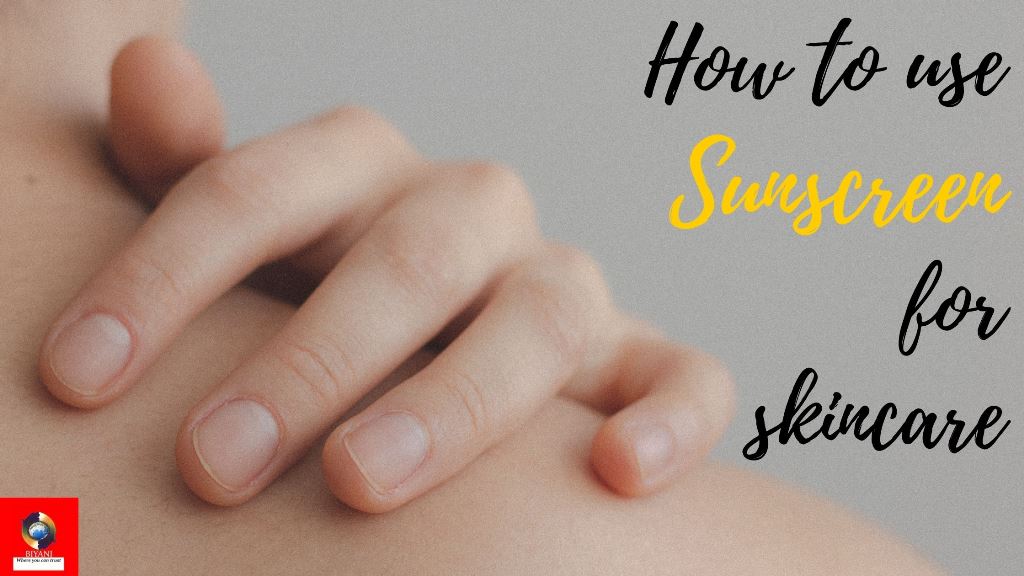Why the use of sunscreen is the most important part of your skincare routine?
We’ve all heard how vital it is to protect your skin by wearing sunscreen, but do you know why?
Generally, our skin protects us from damaging UV rays, which is why we should apply. UV rays are harmful to our skin, thus we use sunscreen to protect ourselves. Even on gloomy days, our skin is exposed to ultraviolet rays, which can cause skin cancer, discoloration, and wrinkles over time.
At any age, wearing sunscreen is one of the most effective — and simple — ways to protect your skin’s beauty and health. Sunscreen can help prevent sunburn, skin cancer, and premature ageing when applied on a daily basis. It is used to protect the skin from the sun’s damaging rays.
They help to avoid sunburn as well as the start of premature ageing (such as wrinkles, and leathery skin). Sunscreens can also assist to lower the risk of skin cancer and sunburn-like skin reactions (sun sensitivity) that some medications can cause (including tetracyclines, sulfa drugs, phenothiazines such as chlorpromazine). UV radiation from the sun is absorbed or deflected by its active ingredients, preventing it from reaching the deeper layers of the skin.
Why is SPF important?
Long-term sun exposure is one of the primary causes of skin deterioration. The adverse effects of the intense sun rays include hyperpigmentation, sunburn, dark patches and sunspots, and an increased risk of skin cancer.
There are many reasons why you should use sunscreen every day.
- The use of sunscreen reduces the risk of skin cancer.
- The greatest approach to avoid signs of ageing is to wear sunscreen.
- It aids in the maintenance of an even skin tone.
- Skin that has been exfoliated burns more easily.
- Inflammation should be minimized.
- Lessen the chance of getting sunburned
- Skin discoloration can be avoided by using the right SPF sunscreen
It’s time to start using sunscreen on a daily basis if you haven’t already.
How to use sunscreen for skincare

Thirty minutes before sun exposure, liberally apply sunscreen to all exposed skin. Use one ounce (thirty grams) to cover your entire body as a general rule. After swimming, sweating, drying off with a towel, or if it has rubbed off, reapply it. If you’re going to be outside for an extended amount of time, reapply it every two hours.
Avoid contact with the eyes when applying sunscreen to the face. If you get it in your eyes, immediately rinse them with water. If your child is under the age of six months, only apply it if your doctor advises you to. When outdoors, keep newborns out of the sun and dress them in protective clothing (hats, long sleeves/pants).
Download GuruKPO Plus App for online learning.
Side Effects
Some sunscreens, such as those containing aminobenzoic acid or para-aminobenzoic acid, have the potential to stain garments.
Moreover, some chemicals can make the skin more sensitive. If it produces redness or irritation, remove it and don’t use it again.
Picking the Best Sunscreen:
With so many options, choosing sunscreen can be difficult. The level of SPF is one of the most important things to check for when selecting a product; bear in mind that an SPF of 30 or greater will ensure that your skin is adequately protected, especially on overcast days.
Sun’s Out, Sunscreen On!
Blog by: Ms. Rashmi Khandelwal
Department of Zoology
Biyani Group of Colleges, Jaipur
Thank you for reading the blog. I hope you’ve learned something new from this. Kindly, share it with your friends and your family as well.